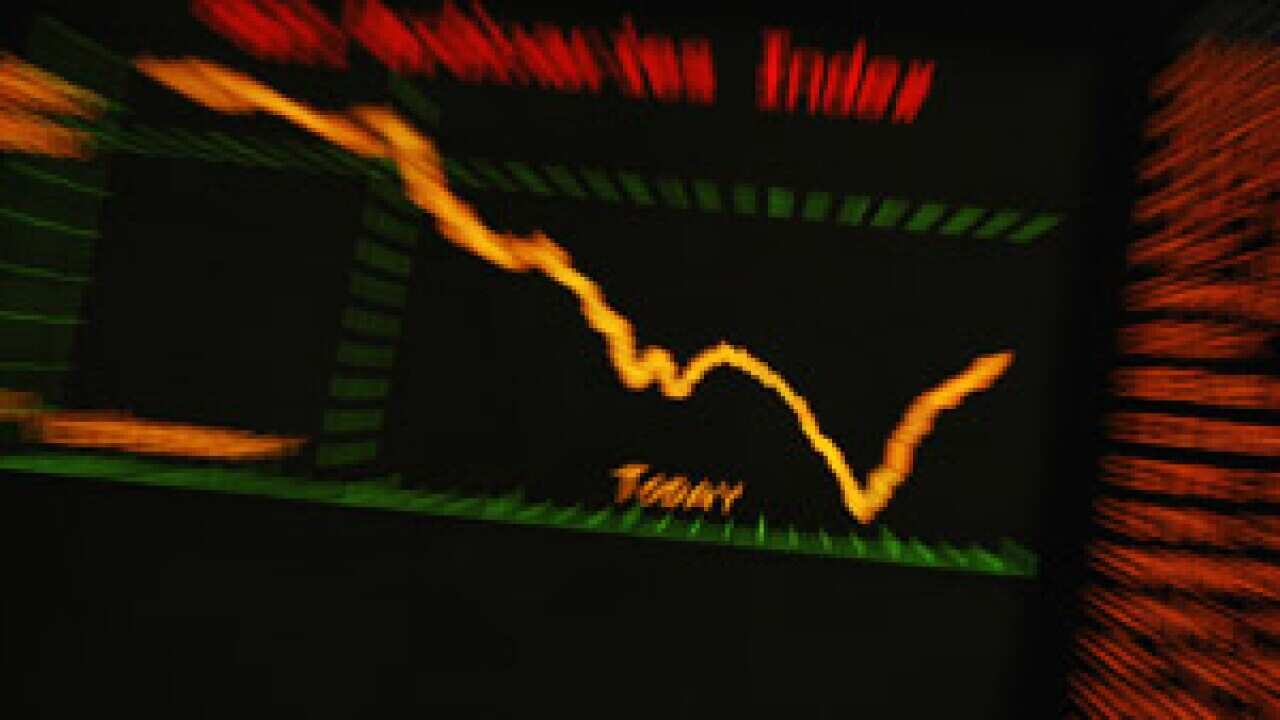Investors don't like uncertainty, which often translates to either a muted or softer sharemarket.
The very nature of an election, whereby there's a choice of government, can theoretically have an impact on stocks, but as Craig James from CommSec points out; there's no evidence Federal election results are unambiguously positive or negative for the sharemarket in the short-term.
In each of the last four elections, what we've seen is what's called a 'U-shaped' market reaction. The All Ordinaries Index eased by around 3.5 per cent in the three weeks before the vote, but then regained all that lost ground following the election result.
On top of that, there are no real 'big' market changing issues this time around. Previously, Work Choices, climate change and interest rates were topical issues, and while the Resource Super Profits Tax did have a direct impact on the market a few months ago, the new Minerals Resource Rent Tax proposal has predominantly corrected that, and seems to have provided some certainty for the sector, for now.
Craig James says that in a big picture, macro-economic sense, it matters little whether the Coalition or Labor wins power, with both sides committed to keeping the budget in surplus.
He adds that the Australian dollar is determined by market forces, while it is investors who set the prices of shares on the market. As for interest rates, the RBA sets those independently of the government.
Next week, expect all eyes to be on the official inflation numbers. Most economists are expecting a one per cent rise in the quarterly headline result, lifting annual inflation to 3.4 per cent.
But strip out seasonal increases like rises in health fund premiums and the tobacco excise and the underlying quarterly CPI is predicted to rise by around 0.8 per cent. That could be enough to see an August 3rd rate rise, smack bang in the middle of the election campaign.
A rise of 0.9 per cent, would virtually assure that the official cash rate will climb to 4.75 per cent. It's a sentiment shared by economists at NAB, although they are expecting a modest 0.6 per cent increase in the underlying rate, while the broader money market, at this time, has priced in a 25 per cent chance of an August rate hike.
But it's important to remember that interest rates are set independently by the Reserve Bank, and not by the government. So it doesn't matter which party wins the election.

